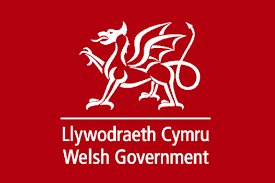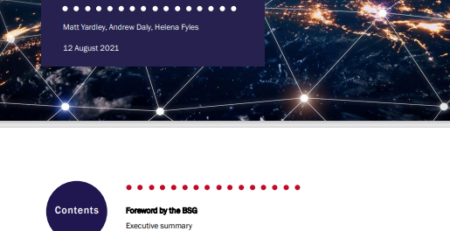Public Accounts Committee report: Improving Broadband
The Public Accounts Committee (PAC) has published its report Improving Broadband. It states that the revised target of at least 85% gigabit-capable coverage by 2025 is challenging and there is a risk that the very hardest to reach premises will be struggling with slow broadband for many years to come. Other concerns include the lack of detail about how the £1.2bn of the £5bn funding will be used to support the roll-out to the hardest-to-reach 20% of the UK’s 31m premises, and the slow progress in delivering the policy and legislative changes sought by industry. The report sets out the PAC’s conclusions and recommendations.
It is worth noting that gigabit-capable broadband networks (FTTP and DOCSIS 3.1) now cover 37.4% of UK premises, which is an increase from 22.1% six months ago.
The report’s conclusions:
- The manifesto commitment to deliver nationwide gigabit connectivity by 2025 has proven to be unachievable and there is a lack of progress in tackling barriers faced by operators.
- The people, skills and knowledge in local authorities were critical to the success in the superfast programme, and it is not clear how that will be retained. Lessons learned from the superfast programme are not included in the detailed design of the gigabit programme.
- Consumers in rural areas have not been prioritised and there is no certainty about whether they will have a choice of internet provider or if they will be protected from overcharging if they become tied to a single supplier in their area.
The PAC’s recommendations:
- On receiving ministerial approval of the business case, or within 3 months, a clear timeline with key milestones should be provided. Annual updates on progress to be published thereafter.
- Identify the risks and barriers that have the greatest potential to add delay and cost to the programme, provide a clear plan for how and when they will be addressed and the impact on time and schedule of not being addressed.
- Identify steps being taken to support the retention of knowledge, skills and delivery expertise within local authorities so that the change in approach does not cause delays to the future programme.
- Detail how the lessons learned from the superfast programme are being incorporated, including:
- A clear programme and specific objectives for the subsidised part of the programme; and
- how it to ensure only those areas in greatest need will be prioritised/targeted, particularly areas with a high proportion of premises which are uncommercial for rollout and that any money that should be returned is done so as soon as possible.
- Set out how properties without superfast broadband will be identified and when they can expect to receive gigabit-capable broadband.
- Provide details of plans with Ofcom, suppliers and industry bodies to ensure that consumers have a choice of providers and are protected from overcharging if tied to a single supplier.
The full report can be accessed here.






